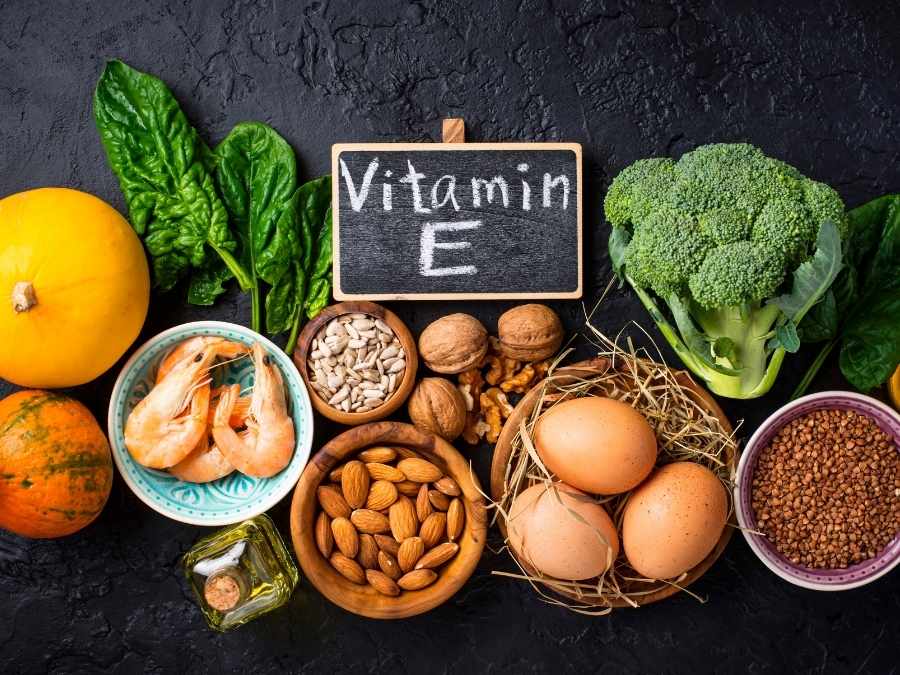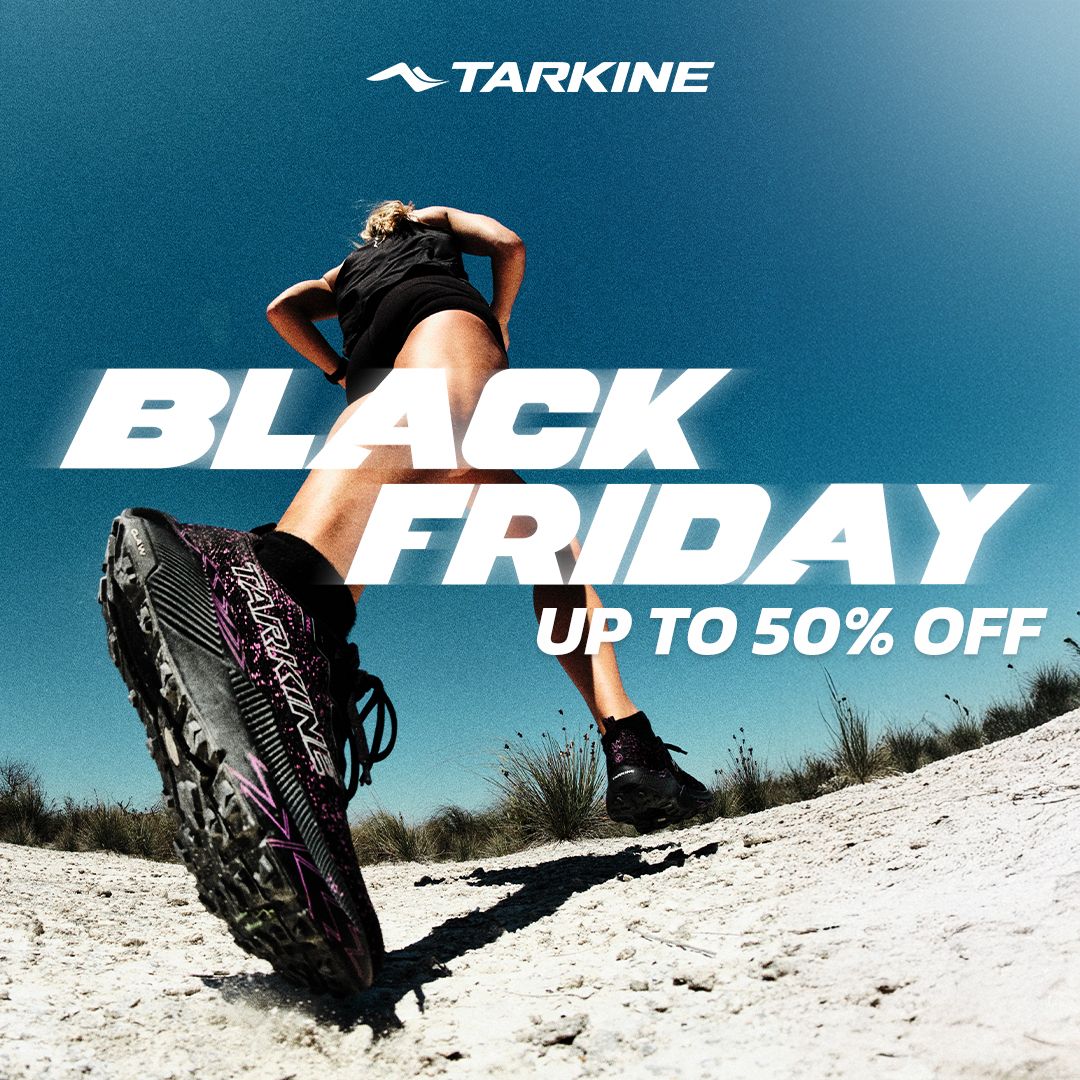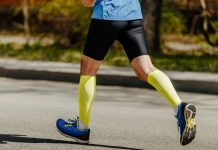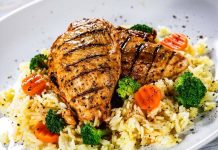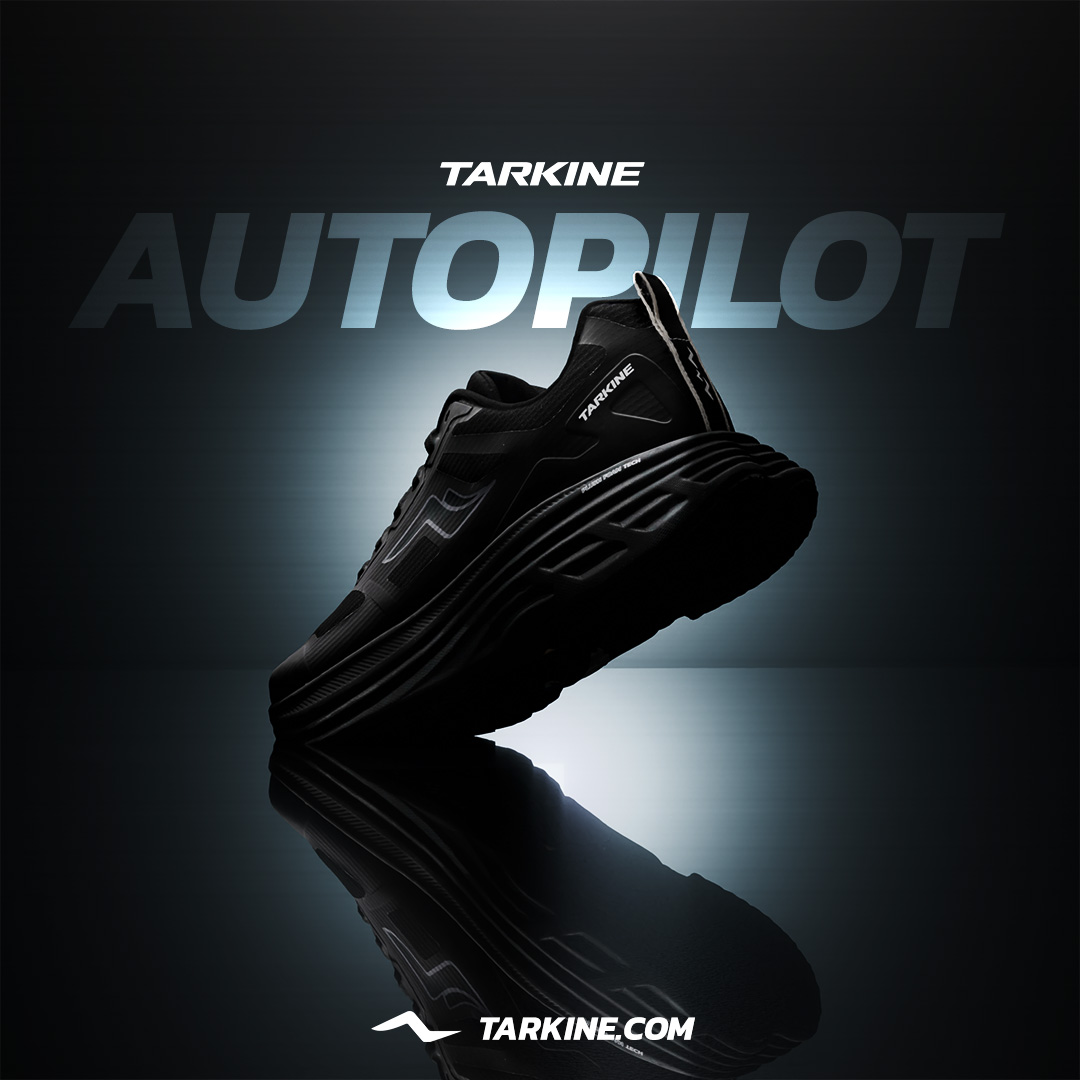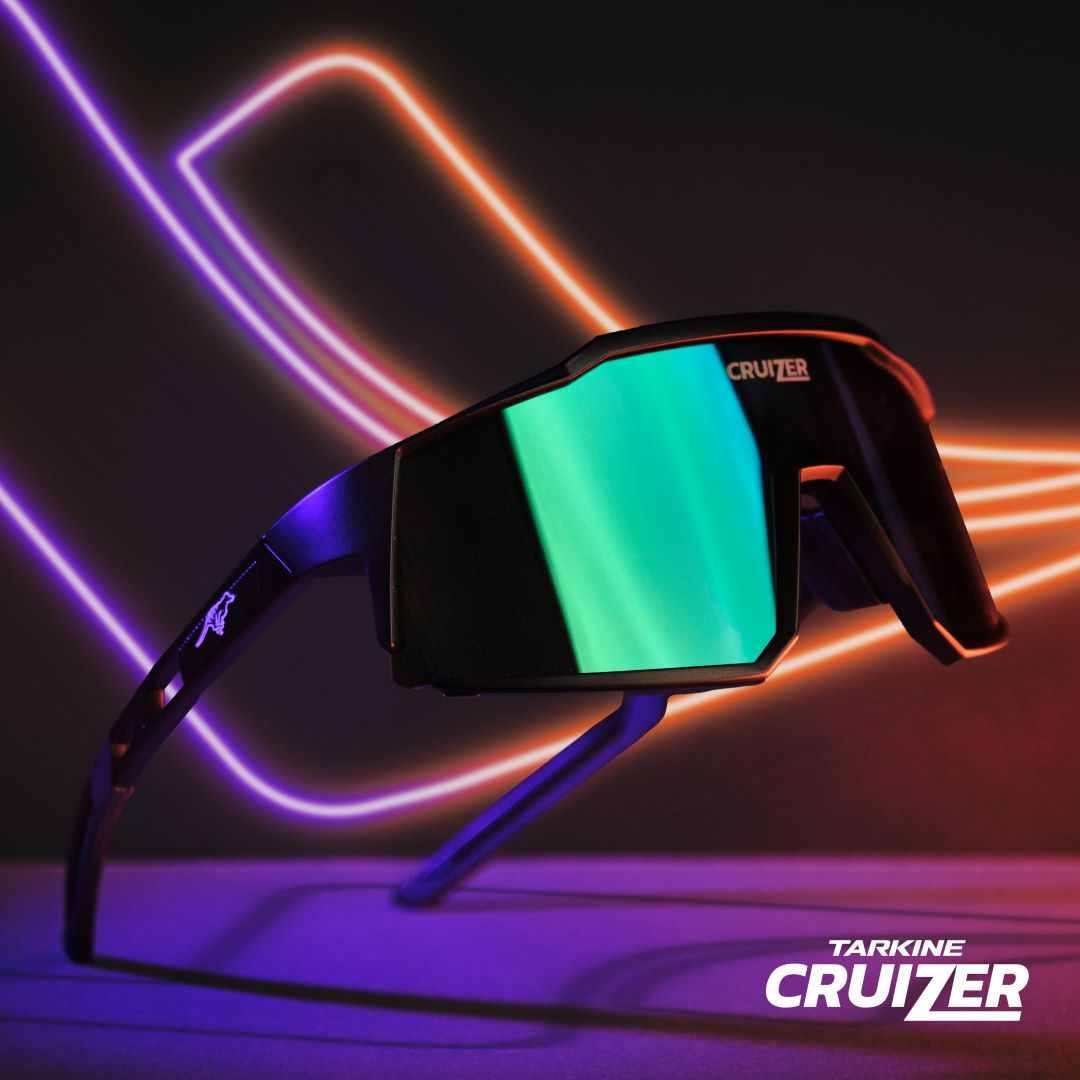When runners think of nutrition, they often focus on carbohydrates, protein, and hydration. However, vitamins play an equally important role in boosting performance and aiding recovery, and one vitamin that often gets overlooked is vitamin E. This fat-soluble powerhouse is essential for cardiovascular health, recovery, and protecting your muscles from the oxidative stress caused by intense training.

Why Vitamin E is Crucial for Runners
“Vitamin E is a fat-soluble vitamin that acts as an antioxidant in the body,” explains Holley Samuel, RD, CSSD, a board-certified sports dietitian and runner. Antioxidants like vitamin E protect your body’s cells from damage caused by free radicals—harmful compounds found in cigarette smoke, air pollution, and ultraviolet light. For runners, these antioxidants are vital, as they shield cells from the wear and tear brought on by high mileage and strenuous exercise.
Vitamin E’s protective powers extend far beyond combating free radicals. According to Megan Meyer, Ph.D., a science communications consultant and runner, “Vitamin E plays an essential role in cardiovascular health by helping widen blood vessels and preventing blood clots.” For endurance athletes, a healthy cardiovascular system is crucial for sustaining performance and ensuring efficient oxygen delivery to muscles.
How Vitamin E Enhances Recovery for Runners
Running, especially long-distance and intense training, generates oxidative stress—an unavoidable byproduct of high energy expenditure. While oxidative stress is part of the natural adaptation process, it can lead to muscle damage, inflammation, and fatigue if not managed correctly.
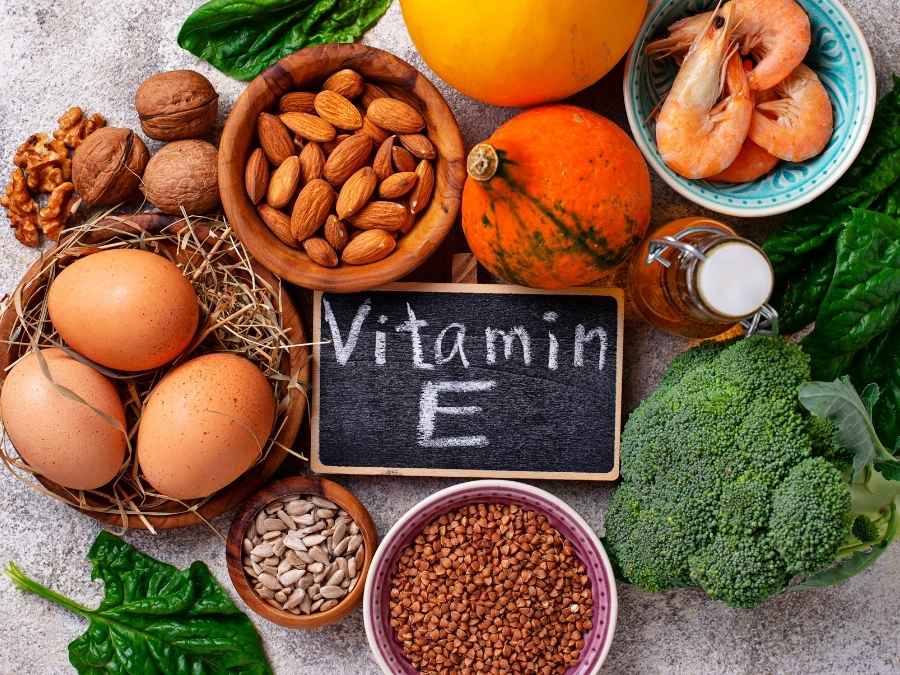
Samuel emphasizes the role of vitamin E in aiding recovery: “Consuming adequate vitamin E can help reduce the oxidative stress that heavy training causes.” This is vital for runners who need to recover swiftly between sessions to avoid injury and burnout. Vitamin E also supports the immune system, which can become compromised after intense exercise. Studies have shown that vitamin E is concentrated in immune cells, making it one of the most effective nutrients for bolstering immunity.
Signs of Vitamin E Deficiency: Are You at Risk?
Although vitamin E deficiency is rare in generally healthy individuals, certain groups—like those with digestive disorders (such as Crohn’s disease, Celiac disease, or irritable bowel syndrome)—may struggle to absorb this fat-soluble vitamin properly. For runners, especially those focused on weight control or underfueling, the lack of healthy fats in their diet could lead to a vitamin E deficiency, potentially affecting performance and recovery.
Symptoms of deficiency can include:
- Muscle weakness
- Nerve damage
- Increased susceptibility to infections
- Loss of sensation in extremities
- Vision problems
Samuel warns that underfueling, whether intentional or unintentional, can also lead to a deficiency if your diet lacks vitamin E-rich foods or sufficient healthy fats to aid absorption.

Top 10 Vitamin E-Rich Foods to Fuel Your Run
To keep your vitamin E levels optimal, aim for a daily intake of 15 milligrams (or 19 milligrams if breastfeeding). Whole foods, rather than supplements, are the best source since they offer a range of nutrients that support overall health and performance. Below are 10 foods packed with vitamin E that can help you meet your daily needs:
- Avocado
This nutrient-dense fruit offers both vitamin E and healthy fats to help absorption, with 4 mg of vitamin E in one avocado. Add slices to your sandwich or blend it into a post-run smoothie. - Broccoli
One cup of raw broccoli contains nearly 1 mg of vitamin E. Enjoy it steamed as a side dish or mixed into a stir-fry for an easy nutrient boost. - Pumpkin
This versatile vegetable contains nearly 3 mg of vitamin E per two cups. Enjoy it roasted or pureed in soups, or snack on pumpkin seeds for a crunchy, vitamin-packed option. - Mango
This tropical delight provides 1.5 mg of vitamin E per cup. Add it to your morning smoothie or slice it as a post-run snack for a sweet and nutritious treat. - Peanut Butter
Just two tablespoons deliver about 3 mg of vitamin E. Perfect in a PB&J or as a dip for apple slices, it’s a convenient and tasty option. - Wheat Germ
A half-cup of wheat germ boasts over 9 mg of vitamin E. Sprinkle it over cereal, yogurt, or salads for an easy way to up your intake. - Sunflower Oil
While less common, this oil contains about 6 mg of vitamin E per tablespoon. Use it for sautéing vegetables or as a salad dressing base. - Hazelnuts
These nuts provide over 4 mg of vitamin E per ounce. Add them to trail mix or salads for a crunchy texture and vitamin boost. - Asparagus
While not the highest in vitamin E, this veggie offers about 1.5 mg per cup. Roast or sauté it in avocado oil to pair it with a healthy fat for better absorption. - Almonds
These are antioxidant powerhouses, providing 7 mg of vitamin E per ounce. Enjoy them as a snack or toss them into your oatmeal or yogurt for added crunch.
Final Thoughts: Make Vitamin E a Part of Your Running Nutrition
Runners need more than just miles and rest to perform at their peak. Vitamin E is a critical component of a well-rounded diet that supports endurance, heart health, immune function, and speedy recovery. By incorporating vitamin E-rich foods into your meals, you can fuel your body to not only recover faster but also go the distance without compromising your health.
So, the next time you’re prepping for a long run, don’t forget that proper nutrition, starting with vitamin E, is just as important as your training plan!







